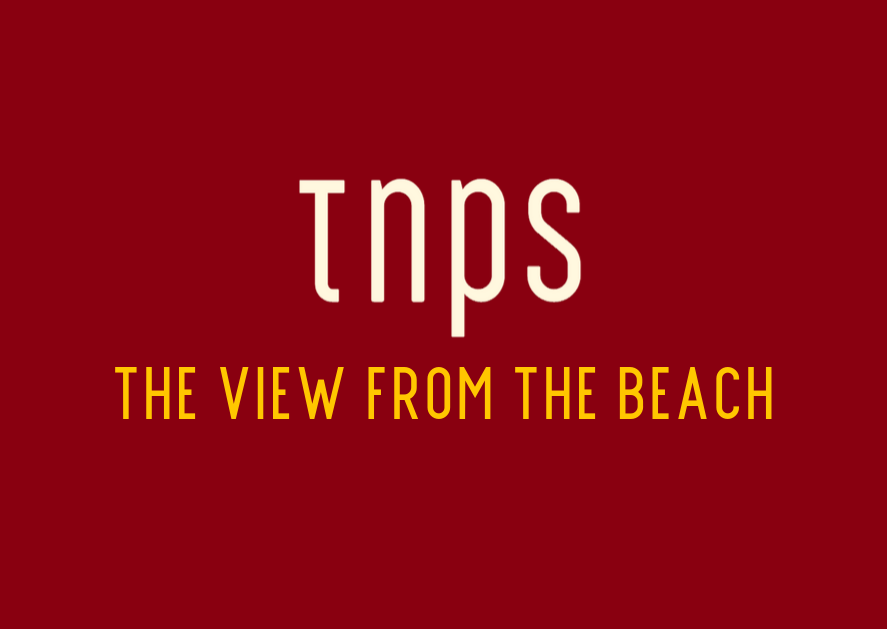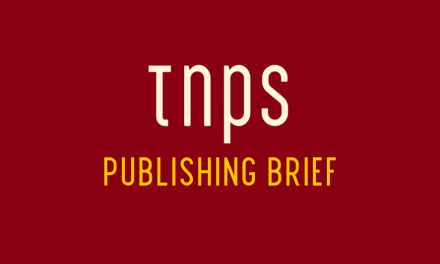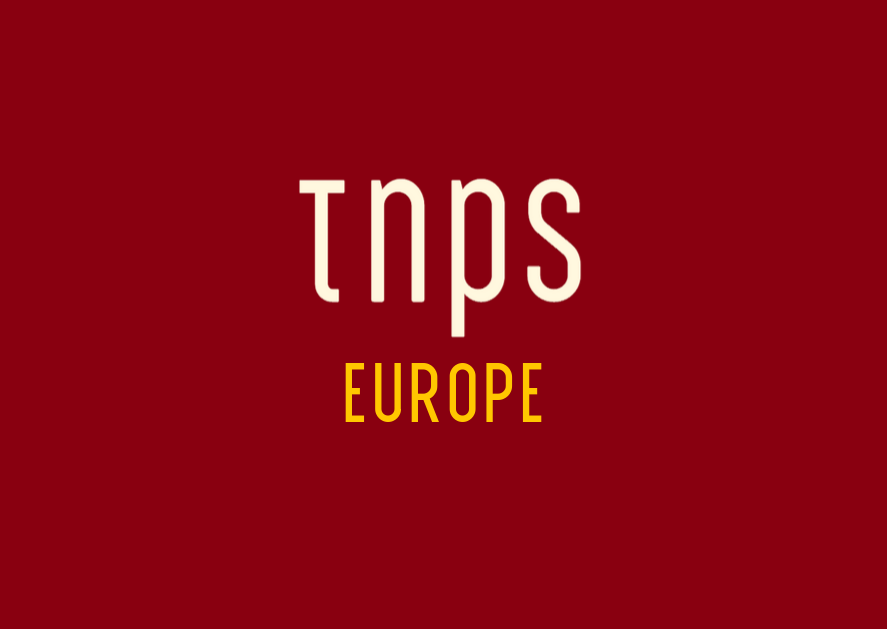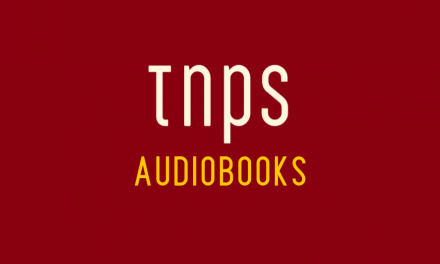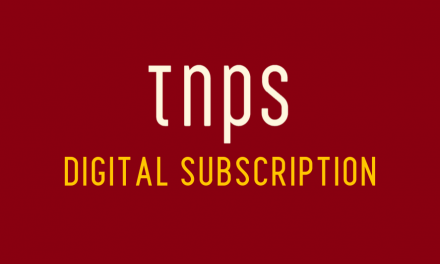Overseas capital continues to flood the North America publishing market, entering key digital sectors like online reading that myopic mainstream publishers continue to treat as sideshows.
Bengaluru-based Byju’s may not be a major name in the western publishing hemisphere, but that’s about to change, with $1 billion earmarked for US expansion, on top of the half billion Byju’s has just spent acquiring the children’s books subscription platform Epic.
Byju’s has audience reach of over 100 million with its global ed-tech platform, and now plans to not only build out Epic, but also export Epic to homeland India.
No wonder Epic CEO Suren Markosian and co-founder Kevin Donahue, who will continue to front the operation, are excited.
Byju’s which takes its name from its co-founder and CEO Byju Raveendran, came across Epic because Raveendran’s son was an Epic fan.
Launched in 2014 as a children’s subscription platform aimed at under-12s, Epic struggled to get content from reticent publishers and cash from cautious parents, but found a warm reception from those publishers that were using the platform. The reason being the data Epic was able to feed back to the publishers showing how the children engaged with the books.
Epic quickly pivoted to a publisher-focussed platform whereby children – via schools and like establishments – got to read for free, and publishers happily provided the content in return for the invaluable data insights. Today Epic has a catalogue of over 40,000 ebooks, audiobooks and publisher videos and is present across 90% of US elementary schools, with the involvement of 2 million teachers and 50 million children, and one billion books read.
Nowadays Epic produces its own original content as well, and even publishes print versions.
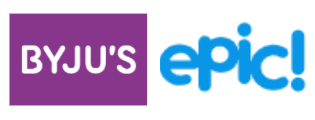
There are two bigger picture elements to this story.
One is the rise and rise of overseas capital that is flooding the North America publishing market, entering digital sectors like online reading that myopic mainstream publishers continue to treat as sideshows.
Some examples so far this year:
In January of this year South Korea’s Naver acquired Canada’s Wattpad for $600 million.
In April this year China’s Tencent announced it was targeting 100,000 North American authors for its online reading platform, with an audience of 49 million in mind.
And in May of this year South Korea’s Kakao spent $950 million acquiring US-based Tapas and Radish, both much smaller reading platforms than Epic.
The second bigger-picture element here is what Epic, whether owned by Byju’s or not, means for the future of the US publishing industry.
Here’s the thing: The western publishing trade journals love to play down digital and jump on any hint that print is weathering the storms better than digital. Just look at the latest reports calling out 2021 print sales rises over 2020 lockdown numbers.
Children’s books in particular are cited as print-preferred, yet with Epic we have elementary schools across the US, involving 50 million children, all inculcating the next generation of book buyers to read digitally and read on a subscription platform.
No wonder Byju Raveendran has a big smile on his face. He just picked up the bargain of the century, paying less than Naver paid for Wattpad and less than Kakao paid for Radish and Tapas, for one of the most strategically important digital platforms out there.

